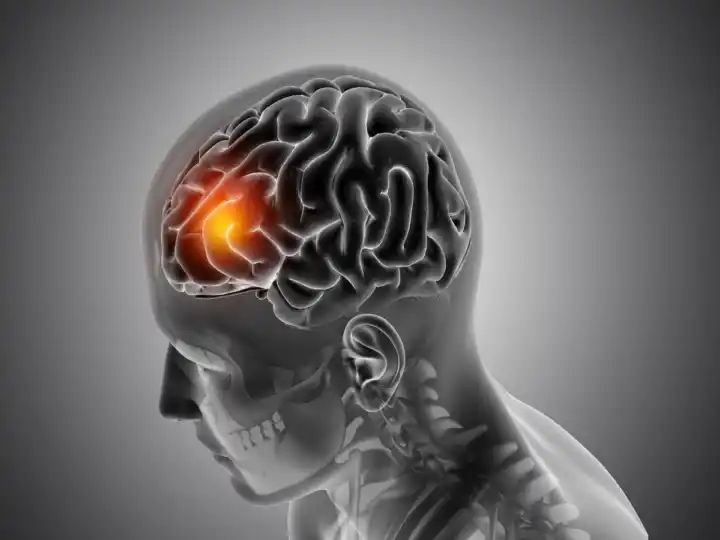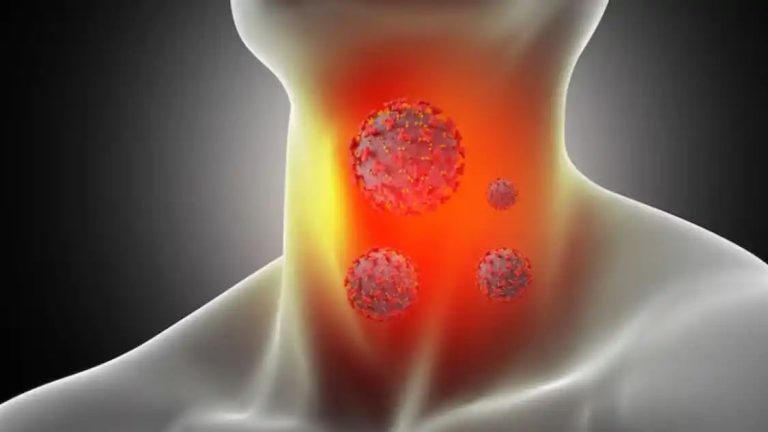Unveiling Hidden Risks: Brain Changes Linked To Heart Conditions

The revelation of hidden brain changes in individuals with heart conditions underscores the intricate interplay between cardiovascular health and neurological well-being.
A recent analysis encompassing over 13,000 individuals has unearthed alterations in brain blood vessels linked to heightened risks of stroke and dementia in people with various heart conditions, even in the absence of a stroke episode. Published in Neurology , this research represents the most comprehensive systematic review of covert brain changes in individuals with heart conditions. Lead author Dr. Zien Zhou underscores the significance of recognizing these brain changes in selecting appropriate treatments for affected patients.
The Importance Of Identifying Brain Changes
Despite individuals with heart disease being at a significantly elevated risk of brain vascular system alterations, they often evade detection due to the lack of routine brain imaging unless a stroke occurs. However, neglecting these changes renders patients more susceptible to brain bleeds induced by commonly prescribed medications for blood clot prevention or treatment.
Impact Of Hidden Brain Changes
Brain imaging reveals subtle but impactful alterations in brain blood vessels, such as silent brain infarction (SBI) and cerebral small vessel disease (CSVD), prevalent in older individuals and those with hypertension. While not inducing overt neurological symptoms, these changes can manifest as subtle deficits and escalate long-term risks of stroke or dementia.
Comprehensive Meta-Analysis
A meta-analysis of 221 observational studies conducted by researchers at the George Institute examined the prevalence of covert cerebrovascular changes in adults with various heart conditions. The analysis unveiled alarming statistics:
Exploring Underlying Mechanisms And Future Directions
Dr. Zhou posits that shared risk factors between heart disease and hidden cerebrovascular injury, such as aging, hypertension, and diabetes, likely contribute to their association. Further research is warranted to dissect the precise causes of these brain changes and their implications for patient management. Understanding the risks associated with anticoagulant therapy in heart disease patients could refine treatment decisions and enhance safety protocols.
Conclusion
The revelation of hidden brain changes in individuals with heart conditions underscores the intricate interplay between cardiovascular health and neurological well-being. Despite the absence of overt symptoms, these alterations pose significant long-term risks, including stroke and dementia. The findings underscore the importance of routine brain imaging in individuals with heart disease to identify and mitigate these silent threats. Moreover, understanding the shared risk factors and underlying mechanisms between heart disease and covert cerebrovascular injury is crucial for devising effective management strategies.
Don’t Miss Out on the Latest Updates.





